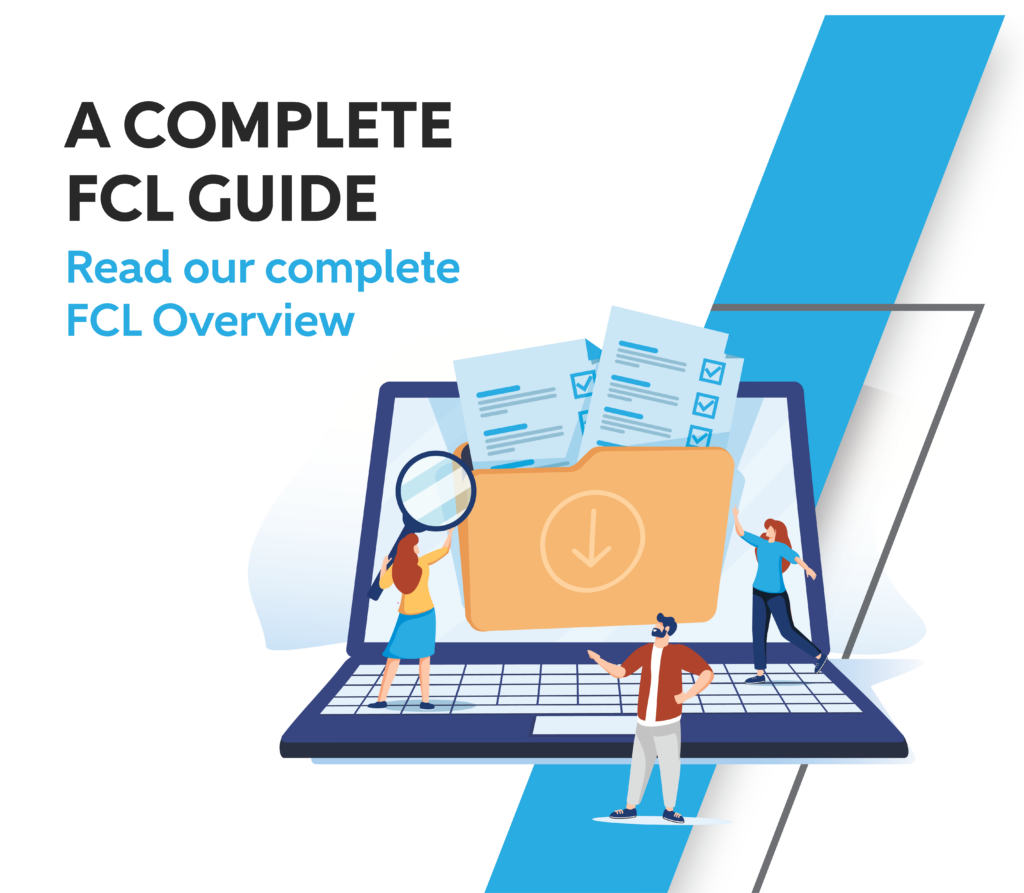How cleared employees, and everyone else, can keep themselves and their company secure
While those holding a Personnel Clearance (PCL) need to be uniquely aware of protecting both their own and their company’s information, everyone should be concerned with their personal security and take steps to maintain it. How you manage your security will depend on a number of variables in your life, including your family makeup and your social media presence.

Safety Out and About
When it comes to your personal security, the most important thing is awareness. When you are taking a phone call in public, be aware of who is around you and who may overhear, which can be a problem if you’re discussing topics including Personal Identifiable Information (PII) or upcoming travel plans, which may alert people to the fact your home will be empty. On a related note, when traveling, it’s always best to have either a security system installed and/or someone to housesit while you’re away.
When traveling, staying alert is especially important. Take note of anyone acting suspiciously, and be careful with whom you share your itinerary, where you’re staying or any personal information. Someone asking a lot of questions could just be trying to be friendly, but they could also have more malicious motivations, so always use your best judgement and trust your instincts.
Staying Secure Online
Staying on the theme of travel, be careful not to give away too many details about your vacation online. It’s best to wait until you’re home to share any photos or stories from your vacation on social media, as they could be a tip-off to people that your home is empty and could be an easy target.
If you have children, it’s crucial to be very aware of what information you share online about them, especially on a public profile or one where you have a lot of followers you may not know well. Personal information including their name, their birthday, their school and their teacher could be enough to put them in danger, especially when photos are included. This would be enough information for someone to pretend they know the child and act familiar, which can lead to extremely dangerous situations.
If you want to share photos of your children with loved ones online, consider a private account with very limited followers, or refer to the kids by something like their ages or first initial rather than their names to limit how much information someone can gather about them from social media.
Concerns Unique to Cleared Employees
If you are someone holding a clearance, LinkedIn is the social media you likely need to be the most concerned about. With all the job information shared on a typical profile, there is a risk of malicious actors using it to find people they will attempt to flip to become insider threats. While online networking is now essentially a requirement for career advancement or job hunting, you need to be careful with how much information you give away online. While the company you work for is something you will likely want to share, avoid including details about what exactly you do such as your title, responsibilities or clearance level.
This doesn’t mean you don’t have to exercise awareness on other social media platforms. On sites with a more personal focus, like Facebook and Instagram, it’s better to not include where you work. Avoid content that would make it easy for someone to seek you out as a potential insider. For instance, if you post about the softball league you play in every Tuesday at your local park, that could make it easy for someone to find and pretend to share your interests to befriend you.
For cleared employees, staying aware and alert also means knowing what situations need to be reported to your FSO. If you are traveling abroad and exchange contact information with a foreign national, that needs to be reported even if the interaction was innocent. If you do run into a suspicious situation you feel you should report, don’t wait until you get back if possible. Give your FSO a call and provide them with a rundown of the situation. If you can’t contact them, write down the encounter with the date it happened and as many details as you can to report when you return.
If you experience a break-in in places like your home or car, these may need to be reported to your FSO in some circumstances. If work material is stolen, that definitely needs to be reported. If you have work materials present during the break-in but not stolen, it’s important to still let your FSO know, especially if your computer or other tech was in the space, as your IT department might need to check that nothing was downloaded onto or from your computer.
Remaining secure outside of work takes a high level of awareness, both for those with clearances and without. If you’re an FSO looking for help on training your employees to create a security mindset, Adamo can help. Our FSO support services can partner with your team and help you in everything from Facility Clearance (FCL) management to employee trainings.




